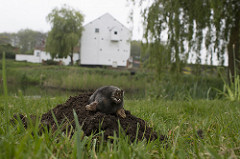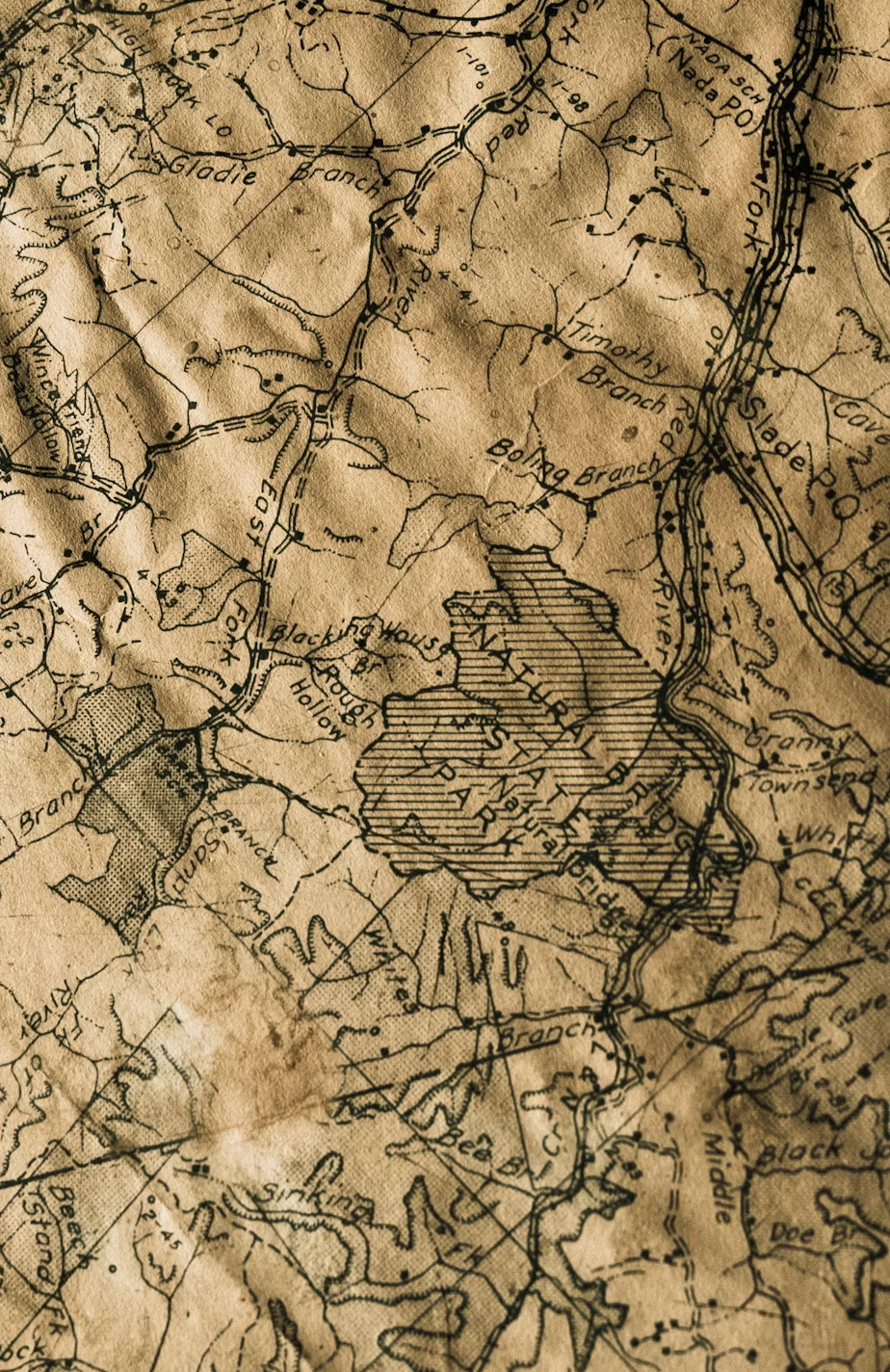Animals dream, but of what we do not know.
They wake quickly, even when accustomed
to safety. Maybe some think back,
maybe others regret. But what about guilt?
Does it play a part in their kingdom?
Or is it only our burden? In one night
moles can dig tunnels 300 feet long,
while all that time we’re awake
brooding about the future,
which makes sense, or the past,
which is hopeless, or about the moment
itself as we lie there, letting a few
more minutes slip away into an hour,
then another, as if there were nothing
to being awake but losing, which is not
a thought animals entertain,
however inconsolable they might appear,
bent over their dead and their dying.
LAWRENCE RAAB is the author of eight collections of poems, including The History of Forgetting, A Cup of Water Turns into a Rose, and Mistaking Each Other for Ghosts, which was longlisted for the National Book Award and named one of the ten Best Poetry Books of 2015 by The New York Times. A collection of his essays, Why Don’t We Say What We Mean?, was published in 2016, and a new collection of poems, The Life Beside This One, will appear in the fall of 2017. He teaches literature and writing at Williams College.




